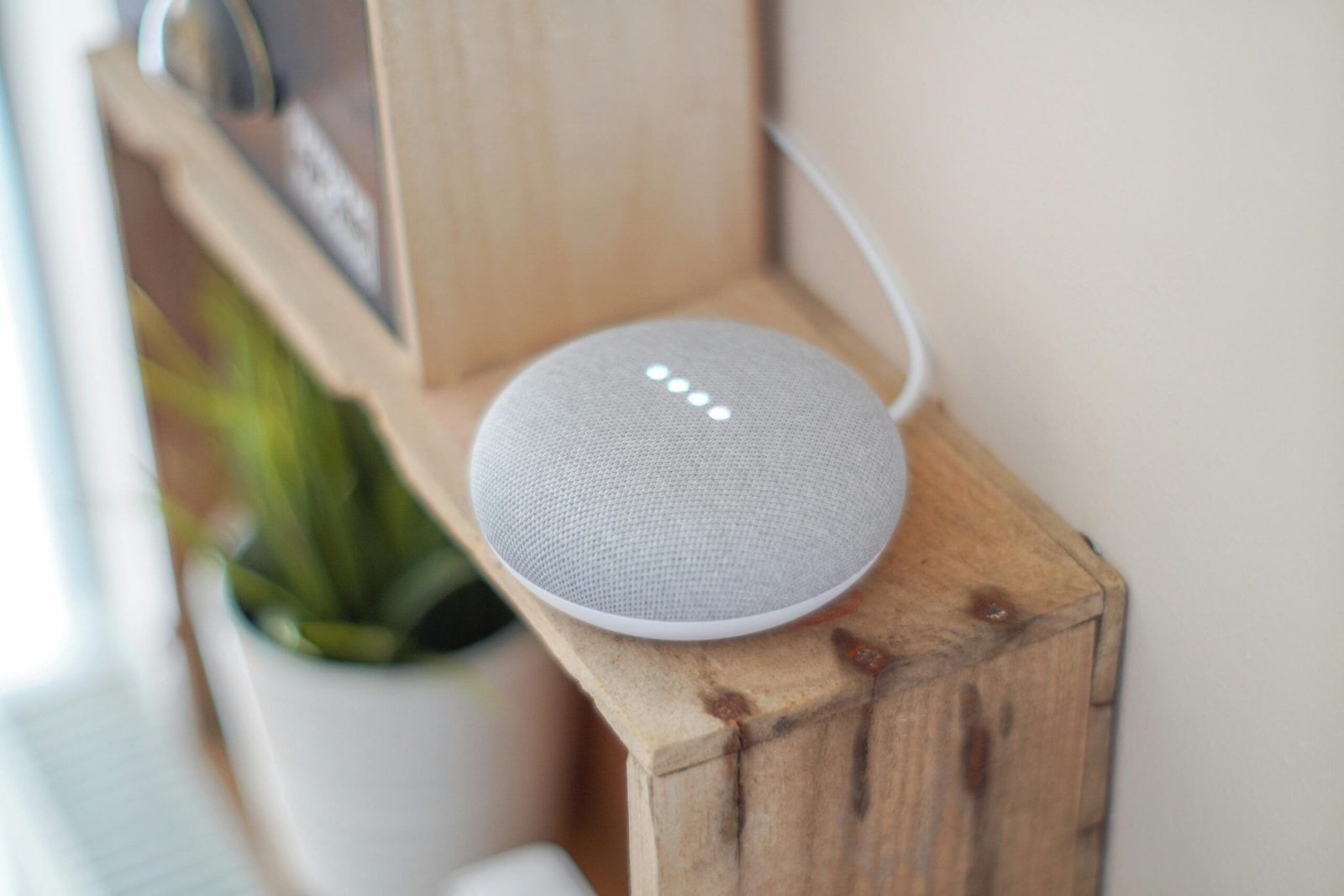Introduction
In today’s fast-paced world, maintaining mental fitness is as crucial as keeping physical health. Just as you exercise your body, your brain also needs regular workouts to function at its best. Engaging in activities that stimulate the mind can lead to significant improvements in memory, focus, and overall cognitive abilities. Whether you’re a student looking to enhance your studying capabilities, a professional interested in boosting productivity, or simply someone interested in preserving mental sharpness with age, incorporating brain-boosting activities into your daily routine can be transformative.
In this blog post, we will explore 10 diverse brain boost activities that cater to various interests and can easily be integrated into any lifestyle. These activities are not only fun and engaging but also scientifically proven to enhance cognitive functions. By understanding and participating in these activities, you can start on a path to improved mental health and cognitive endurance.
Why Engage in Brain Boosting Activities?
Cognitive health is a critical component of overall wellness, with research showing that actively stimulating the brain can help maintain and even improve cognitive functions. Brain-boosting activities can delay cognitive decline, sharpen problem-solving skills, and enhance memory. Studies suggest that individuals who engage in mental stimulation activities are less likely to experience the degenerative effects of aging on the brain, such as Alzheimer’s and other forms of dementia.
Furthermore, these activities can increase neural plasticity, which is the brain’s ability to change and adapt as a result of experience. This adaptability is what allows us to learn new skills and improve existing ones, making our brains more resilient and efficient.
The Top 10 Activities to Enhance Your Brain Function
Puzzle Solving
Puzzles like crosswords, Sudoku, and jigsaw puzzles challenge the brain by requiring focus, problem-solving skills, and logical thinking. Regular engagement in puzzle solving can lead to improved memory and cognitive agility. Make puzzle-solving a daily habit by incorporating it into your morning routine or using it as a break during work hours.
Learning a New Language
Learning a new language exposes the brain to novel patterns and sounds, boosting cognitive functions such as memory and executive functions, which govern planning, solving complex problems, and performing mentally demanding tasks. Tools like Duolingo or Babbel can make learning accessible and fun, with just 15 minutes of practice a day.
Physical Exercise
While often overlooked in discussions about mental fitness, physical exercise is profoundly beneficial for the brain. Activities such as jogging, cycling, or swimming increase blood flow to the brain, which supports the growth of new neural connections. The Department of Health and Human Services recommends at least 150 minutes of moderate aerobic activity or 75 minutes of vigorous activity each week.
Meditation and Mindfulness
Mindfulness and meditation have been shown to alter the brain’s structure, increasing areas related to attention and emotional regulation while decreasing those associated with stress and anxiety. Starting with just five minutes of guided meditation daily can yield noticeable benefits.
Playing a Musical Instrument
Playing instruments like the piano, guitar, or even drums can improve hand-eye coordination, sharpen concentration, and foster creativity. Research indicates that musicians often have better memory and attention skills than non-musicians.
Reading Regularly
Regular reading not only provides knowledge but also enhances connectivity in the brain, leading to improved comprehension and empathy skills. Set a goal to read at least one book per month, choosing genres that challenge your understanding and perspectives.
Crafting
Engaging in crafts such as knitting, drawing, or woodworking involves creative thinking and fine motor skills, which are great for improving cognitive function. Start a project that fits into your weekly routine, and gradually increase complexity as your skills improve.
Brain Training Apps
Digital platforms like Lumosity or Peak offer games designed to train specific cognitive skills. While the efficacy of these apps can vary, they can be a fun and easy way to incorporate regular mental exercise into your daily life.
Social Interaction
Socializing is not just enjoyable—it’s also cognitively beneficial. Regular interaction with others can improve mental health and delay cognitive decline. Whether it’s joining a club, volunteering, or attending social events, aim to engage with others regularly.
Cooking New Recipes
Cooking is a multi-sensory activity that involves planning, problem-solving, and sensory information, making it a comprehensive brain exercise. Try new recipes that challenge your culinary skills to keep your brain engaged.
Integrating Brain Boosting Activities into Your Daily Life
To truly benefit from these brain-boosting activities, it’s essential to integrate them into your daily routine. This integration doesn’t need to be overwhelming; even small, consistent changes can lead to significant improvements in cognitive function. Here are some tips:
- Set Clear Goals: Decide which brain-boosting activities you want to incorporate into your life and set specific, achievable goals for each.
- Create a Schedule: Allocate specific times in your day or week for these activities. Consistency is key to forming new habits.
- Mix It Up: To keep your brain engaged, rotate between different activities. This variety will also keep you from getting bored.
- Track Your Progress: Keep a journal or use an app to monitor your progress and make adjustments to your routine as needed.
By making brain-boosting activities a regular part of your life, you can enjoy enhanced mental clarity, improved memory, and a healthier, more resilient brain.
Monitoring Your Progress
Keeping track of your cognitive improvements can be motivating and rewarding. It helps you see the tangible benefits of your efforts and can guide adjustments to your routine. Here’s how to monitor your progress effectively:
- Use Cognitive Tests: Many online platforms offer cognitive assessments designed to measure areas like memory, problem-solving, and attention. Taking a baseline test and periodic follow-ups can show your progress over time.
- Journal Your Experiences: Keep a daily or weekly journal of your experiences with brain-boosting activities. Note any changes in how you feel mentally and any improvements in daily tasks.
- Reflect on Daily Tasks: Pay attention to how you handle daily cognitive tasks. Improvements can often be seen in your efficiency at solving problems, your memory reliability, and your ability to learn new things.
When to Expect Changes
It’s important to have realistic expectations. Cognitive benefits from brain-boosting activities are usually observed over weeks to months. Consistency is crucial—regular mental exercise is more likely to yield noticeable benefits.
Conclusion
Enhancing your brain health through the 10 Best Brain Boost Activities is an enriching journey towards better mental fitness. Each activity, whether it’s solving puzzles, learning a new language, or engaging in physical exercise, plays a unique role in boosting cognitive functions. By making these activities a regular part of your lifestyle, you can improve memory, increase focus, and enhance cognitive flexibility, ensuring that your brain remains sharp and agile.
Embrace these activities with enthusiasm and creativity. Start with one or two that seem most appealing or feasible, and gradually incorporate more into your routine. Remember, the goal is to enjoy the process while reaping the cognitive benefits.
Frequently Asked Questions
- What are the best times of day for brain activities?
- Brain activities can be effective at any time of day, but some people find morning exercises help them start the day with mental clarity, while evening activities can help unwind and process the day’s learning.
- How to find motivation to start new brain-boosting habits?
- Set small, achievable goals, and reward yourself for meeting them. Also, consider partnering with a friend or family member to add a social element to the activities.
- Can these activities help with mental health issues like anxiety or depression?
- Yes, many brain-boosting activities, especially physical exercise and meditation, have been shown to help reduce symptoms of anxiety and depression. However, they should complement, not replace, professional treatment where necessary.



